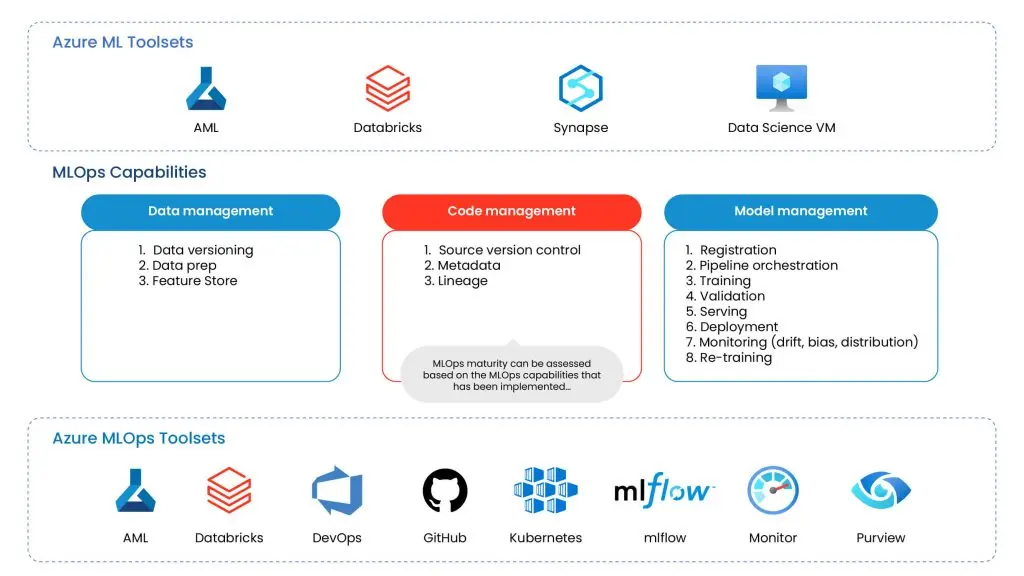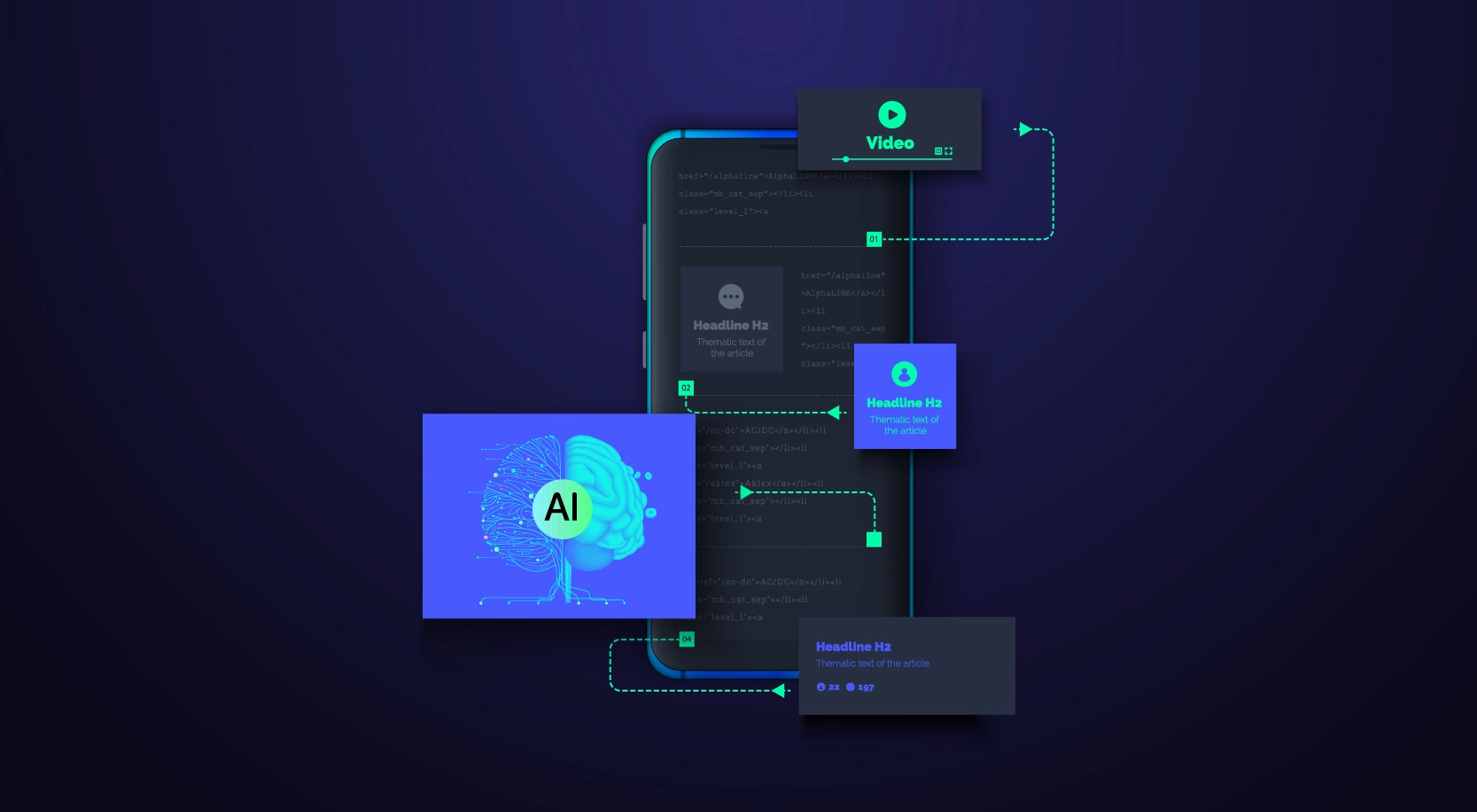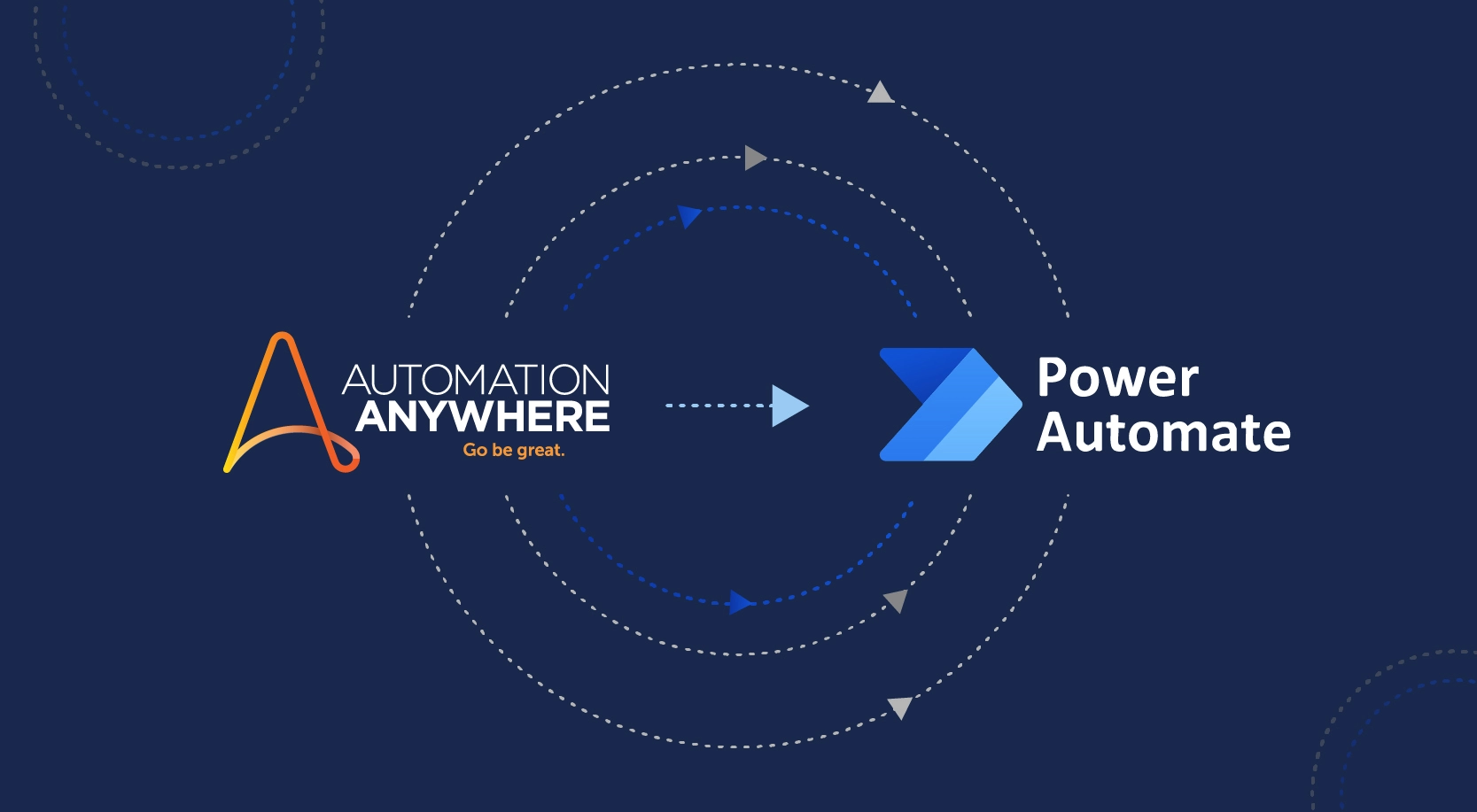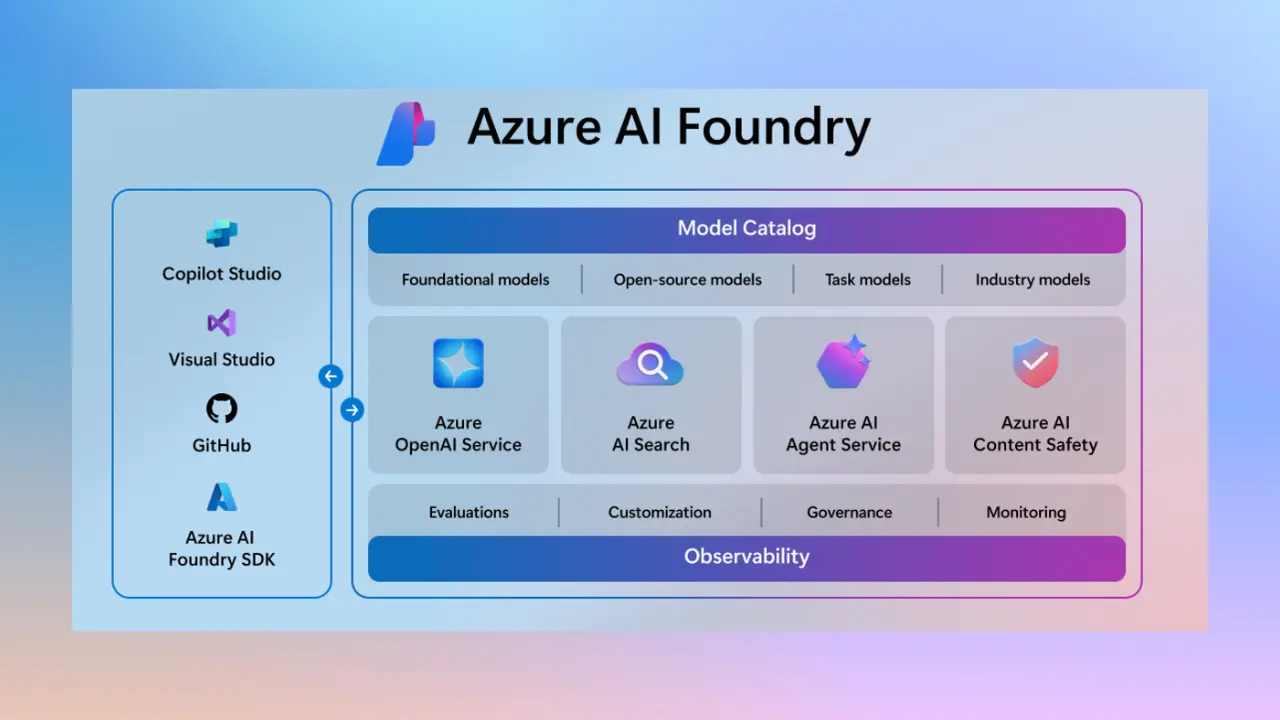
MLOps is a set of integrated processes to simplify and automate ML lifecycle management. The processes include data prep, versioning, registration, pipeline orchestration, training, validation, serving, deployment, monitoring and re-training of ML models
Many enterprises have tested ML, deployed models in production but are facing challenges in managing the models. MLOps eases model management process and brings together standards, processes to scale the ML adoption enterprise wide. GUI based ML platform like Azure ML Studio and its AutoML capability has created a new segment of users ‘Citizen’ data scientists who have catapulted the adoption of ML among both large and smaller enterprises.
MLOps Implementation – Key Aspects to Consider
MLOps implementation initiative becomes successful only when the MLOps process gets adopted among the data scientist community. There are six key aspects to consider that will ensure that an MLOps implementation is successful.
- ML Maturity – Getting deeper insights on existing capabilities, data, pipelines, model development process, deployment and use cases. Determine the current maturity to bring in the right MLOps capabilities
- Reproducibility – Designing frameworks and pipelines that can reproduce the model output scenarios at ease for the provided data
- Automation – Setting up scripts to automate the model life cycle management process like model registration, validation, deployment
- Scalability – Having the compute of the monitoring process and model serving environment sized and mapped to an elastic scalable setup
- Compliance – Monitoring the model data drift, biases and defining processes to validate its alignment with the business function
- People – Designing evangelization programs and conducting up-skilling bootcamps. Encouraging data scientist teams to leverage the defined principles and frameworks
Azure provides varied options like Azure ML Studio, Databricks, Synapse, Data Science VM to build ML models and all these options can be governed through MLOps process. The primary toolsets for building a MLOps framework includes Azure DevOps, GitHub and mlflow. Azure DevOps defines the workflow pipelines from registration to deployment and integrates with GitHub for code version management. Mlflow in Azure ML ecosystem is recommended for Tracking and metric logging of experiments.

How Azure MLOps Accelerate Digital Transformation For a Leading Healthcare Organization
A leading healthcare professional services firm in the US was setting up an operational environment for data science models and processes to automate, manage and deploy production-ready models in their Azure Databricks instance.
Migrated Machine Learning applications from its current environment to the newly designed MLOps model on Azure, using Databricks and MLFlow.
- Eliminated VMs and open-source unsupported tools ensuring stability for the system.
- Created an environment for collaboration between data engineers, data scientists, and operations team.
- Automation of model packaging, validation, and deployment tasks
For a demo of the MLOps solution please go through the below webinar recordings:
- Part 1 – Databricks MLOps demo
- Part 2 – Azure ML Studio and Synapse MLOps demo
Also, check out the MLOps specific offer WinMLOps from the Azure Marketplace – WinWire’s 4-Week MLOps PoC automates and accelerates deployment of Machine Learning Models, to rapidly scale and embed ML across business functions.
Connect with us to know more about our MLOps offering






